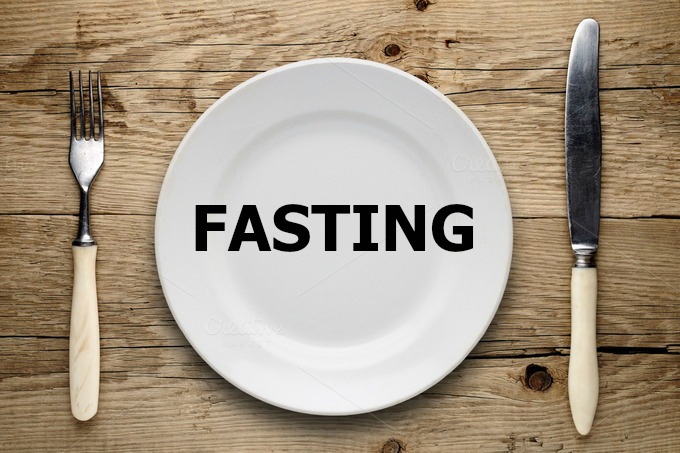Fasting is a form of abstinence from all or some forms of food and water over a particular period of time. It is often related to culture and religion except in other occasions when a doctor requests for fasting over some hours as in cases of laboratory investigations e.g. fasting lipid profile, fasting blood sugar and prior major or intermediate surgical interventions.
HEALTH BENEFITS OF FASTING
BLOOD SUGAR CONTROL: Series of studies have shown that intermittent fasting helps to reduce insulin resistance in patient with Type 2 diabetes. When there is no insulin resistance, body becomes sensitive to insulin making glucose transportation across the cell membrane efficient.
FASTING AND INFLAMMATION: Inflammation is a process through which body resists assault to vascularized tissues in the body hence it is meant to be protective as in case of acute inflammatory response. However, when inflammation becomes chronic, it has deleterious effects on individual’s health e.g rheumatoid arthritis and multiple sclerosis. Studies have however shown that intermittent fasting helps to reduce level of inflammatory markers in the body.
FASTING AND CHOLESTEROL LEVEL: Studies show that alternate day fasting for 8 weeks help to reduce triglyceride and low density lipo-protein (LDL) level in the blood. This also helps to improve heart function as it helps to lower the risk of coronary heart disease.
EFFECT OF FASTING ON GROWTH: Several studies show that fasting for even just 2 days cause significant increase in Human Growth Hormone (HGH) production. HGH mediates growth, weight loss and muscle strength.
FASTING AND AGING: Several animal studies have shown that fasting helps to delay aging however, the research has not been done in human.
THE HEALTH RISK OF FASTING
Fasting can cause dehydration which is not healthy for the body tissues. It is advisable to drink sufficient water prior to fasting period or hour.
Fasting can cause heartburn which is often as a result of reflux of acid from an empty stomach. You are also at risk of nutritional deficiencies. It is therefore important to eat nutritious food (not necessarily eat to stupor) when you want to break the fast.
PROFESSIONAL ADVICE
It is advisable to speak with your doctor about your health status if you have to fast for an extensive period of time.

Dr. Adeyemo Olusola is a medical graduate of Olabisi Onabanjo University, Ogun State, Nigeria along with certificate in advanced diploma in Principles of Nutrition, Management and Leadership, Dublin and Certificate in Global Health from London School of Hygiene and Tropical Medicine. In addition to his numerous certifications, he is a certified Telemedicine Physician from Harvard Medical School, USA. He is an avid reader of books from different oases of life, expert in data analysis. “So many a time, I have seen people die avoidable death because of lack of knowledge or information, falling victim of fate. There is then a necessity laid on us to help arm our society to the teeth, as a healthy society cannot be detached from an informed one. Hence, there is need for healthgist.net. We hope you will have a wonderful stay on our website.”

